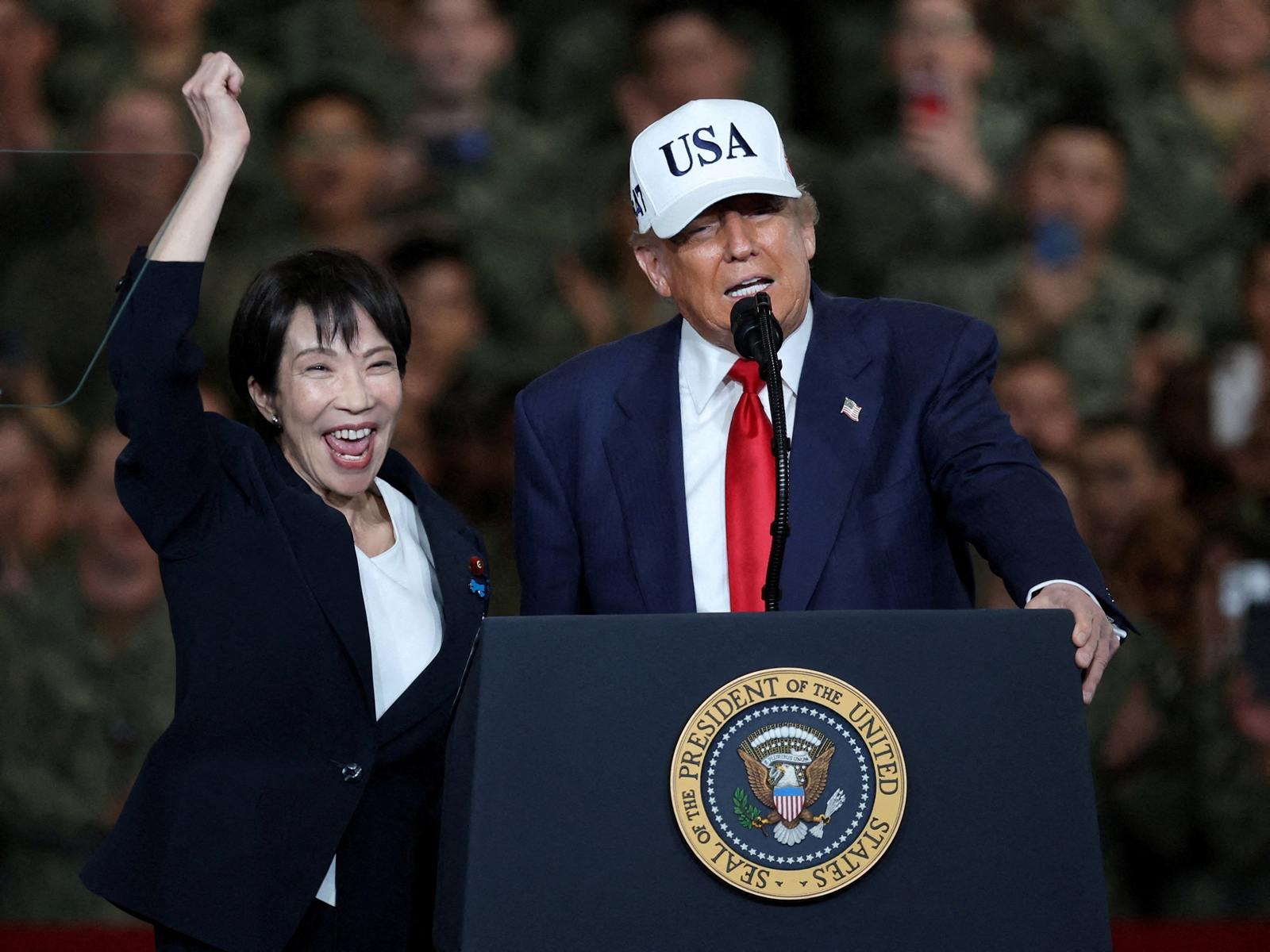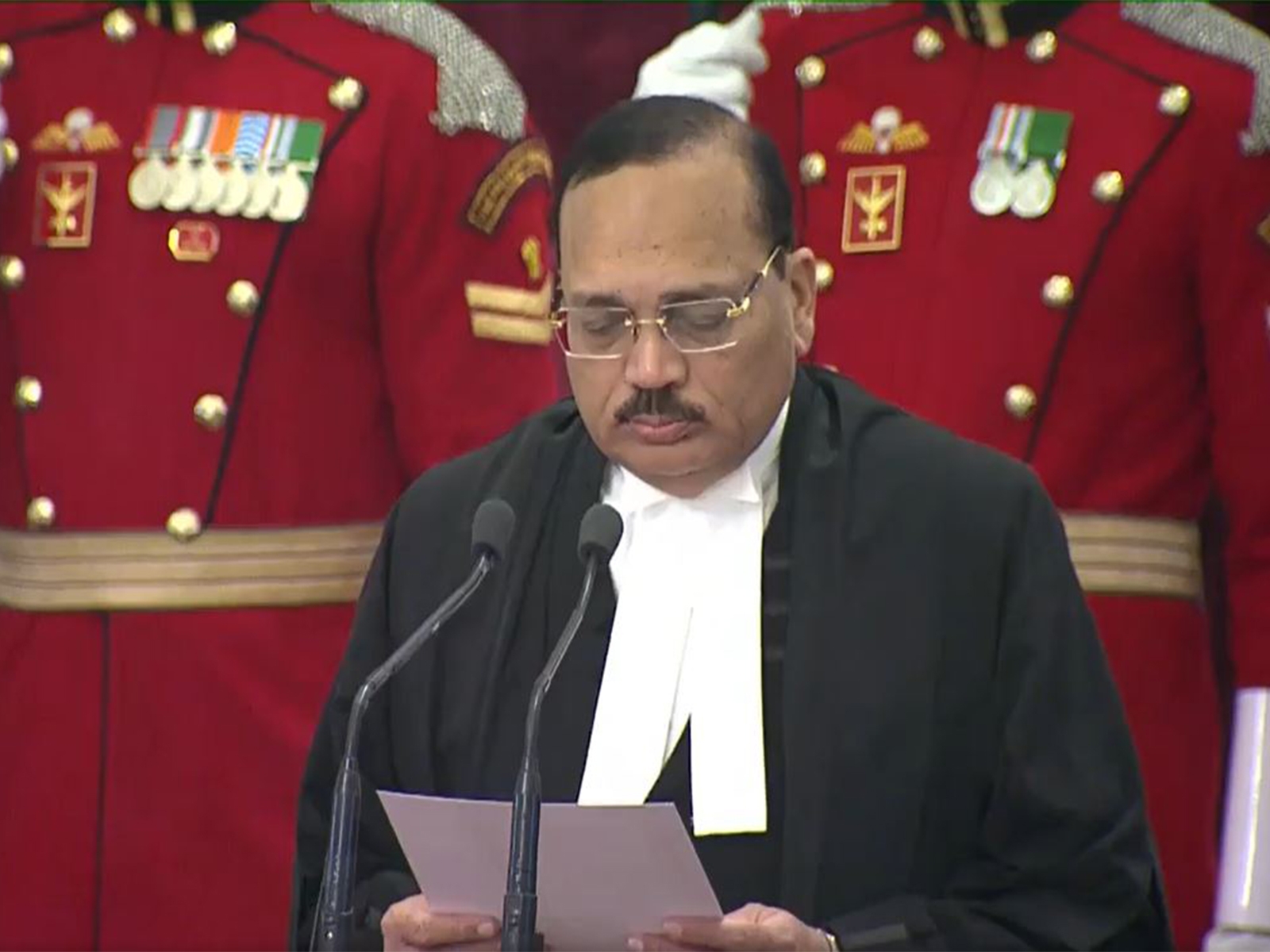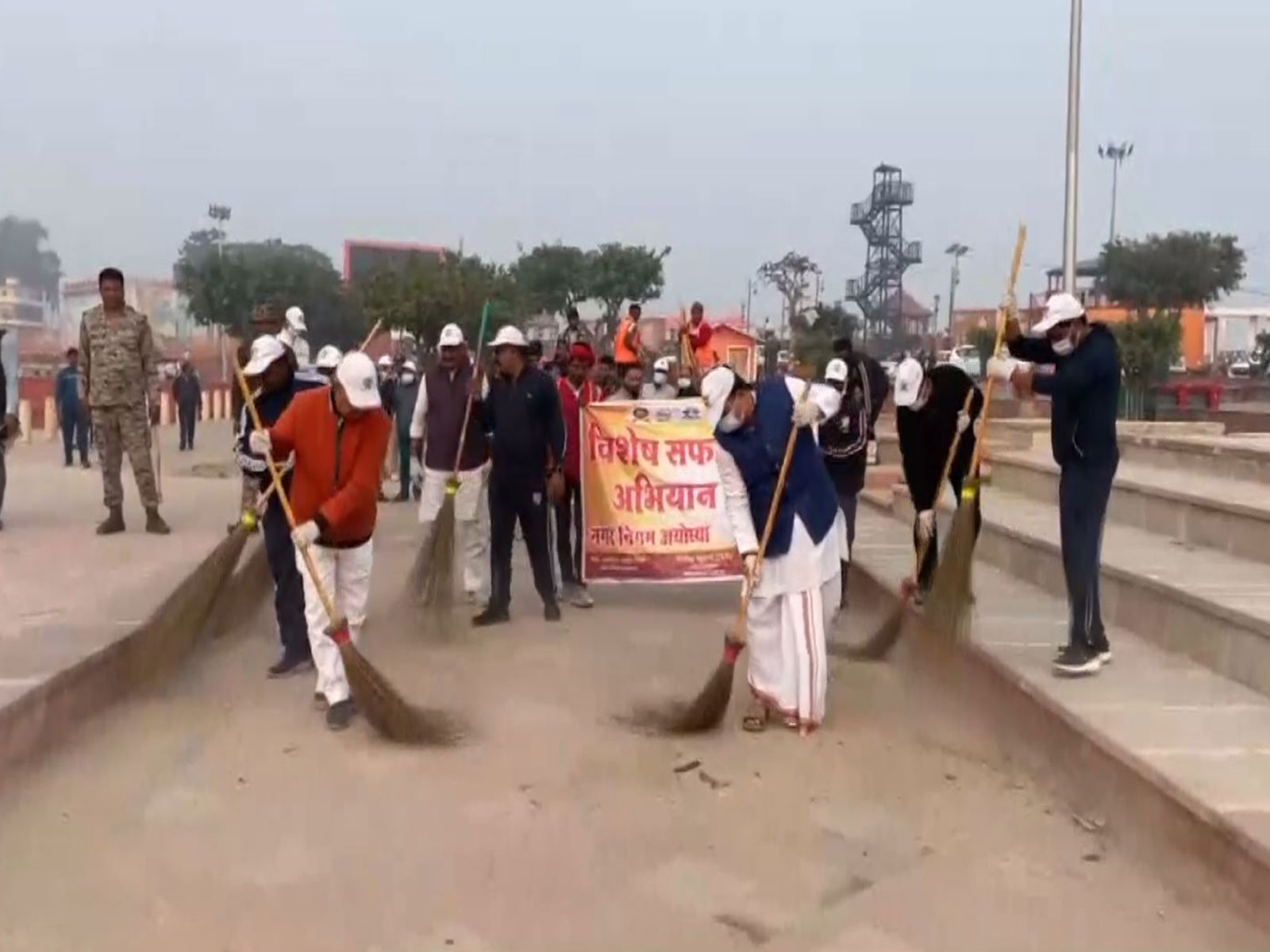Mehbooba asks Centre to let ex-militants return via Nepal. Here's why

When Mehbooba Mufti met Union Home Minister Rajnath Singh last week, she urged him to revive the Kashmir-centric confidence building measures to "consolidate the fresh peace efforts and put the peace and reconciliation process back on track".
The chief minister, as per the government's statement, insisted on facilitating the "return and rehabilitation of the Kashmiri youth who had crossed the LoC for arms training and are now eager to return and live a normal life".
For that to happen, Mehbooba suggested "legalising the Nepal route" for the return of Kashmiri youth in Pakistan who have shunned the path of violence.
Naeem Akhtar, the government's spokesperson, confirmed to Catch that Mehbooba had raised the demand with Rajnath. "The Union home minister said the Government of India would work out the modalities for legalising the Nepal route for return of Kashmiri youth from PoK."
Akhtar argued that "they are our own citizens. If they want to return after shunning the path of violence we have to treat this issue on humanitarian grounds." "Since this route isn't recognised by the government and doesn't fall under the current policy for the return of ex-militants, we highlighted this. We are expecting a positive intervention from the federal government," he told Catch.
'Not ordinary guests'
Prof Gull Wani, Kashmir's leading political scientist, is pessimistic. Wani is unsure whether Narendra Modi's Hindu nationalist regime in Delhi would be interested in "putting a spin in the reconciliation process vis-à-vis Kashmir".
"The central point is the return of Kashmiri youth. I am not sure the BJP government will take forward any Kashmir-specific CBMs, and especially consider the return of former militants as a humanitarian issue for it has serious political connotations," he told Catch, adding the former militants had "after all crossed over to the other side for 'something'. They are not ordinary guests."
According to Wani, there already is a policy in place regarding the return of Kashmiri youth "to which one can add certain routes or close a particular one depending upon new realities that emerge and subject to security clearances, etc."
He isn't optimistic about New Delhi's response to the effort. "Unfortunately, we have not seen much oxygen being pumped into Delhi-Srinagar dialogue process from the Modi government which makes me sceptical about BJP's approval to legalise Nepal route for the return of ex-militants," he said.
Existing return policy
It was the Omar Abdullah government which structured the "policy on the return of ex-militants to the state" in 2010. The surrender-cum-rehabilitation policy was formally introduced on 23 November 2010. The policy, according to official records accessed by Catch, was "intended to facilitate the return of ex-militants who belong to J&K state and had crossed over PoK/Pakistan for training in insurgency but have given up insurgent activities due to a change of heart and are willing to return to the state."
One of its 14 key points is that "the conduct and behaviour of the returnee will be closely monitored by the local police and by state CID for a period of two years from the completion of the counselling process."
Also ReadJammu & Kashmir: Mehbooba proposes amnesty for militants. Will it work?
As per the policy, the returning former militants are "permitted to enter only through JCP Wagah, Attari, Salamabad or Chakan Da Bagh crossings on the LoC or through the Indira Gandhi International Airport, New Delhi."
'No god's children'
Many Kashmiri youth who went across the LoC for arms training in their 20s and 30s in the early 1990s are now in their 40s and 50s. Most are married and have children, and this complicates the issue.
"They were disillusioned when they crossed over in the 1990s. They are disillusioned in PoK and Pakistan. They want to return but face a crisis as there are nationality issues for their wives and children; there and issues of permanent resident certificates, ration tickets, etc. They are in a way no God's children," said a source involved with implementing the policy.
The existing policy applies to those who had gone to "PoK/Pakistan between 1.1.1989 and 31.12.2009 and their dependents".
The parents or close relatives of the "prospective returnee" or in exceptional circumstances the "forthcoming returnee" himself may apply to the SP of his district for permission to return. The SP forwards the case to the CID, which in turn analyses the request "in consultation with IB, RA&W and the army wherever necessary", and a dossier is prepared.
"The dossier so prepared will be forwarded to the Home Department by the CID where a final decision on whether the application should be accepted or otherwise would be taken by a committee," the policy document reads.
So far, at least 489 ex-militants have returned under this policy, a source in the police told Catch. "As many as 489 militants have returned since 2010. The number of wives is 218."
Most recently, the source said, "at least 20 ex-militants have received concurrence for their return from all four-five agencies while applications of five have been rejected after the Indian army raised certain apprehension about them".
Also Read Young & restless: new breed of militants in Kashmir are eager to change the status quo
In March 2013, Omar had told the assembly that there were 3,974 Kashmiri militants in Pakistan and Pakistan Administered Kashmir. Of them, 1,089 had applied for permission to return and surrender under the 2010 policy, and that 241 ex-militants, mostly with Pakistani wives and children, had actually returned.
Unofficial route
While these people had returned through the routes specified in the policy, at least 200 ex-militants had returned home via the "unofficial" Nepal route, the daily Excelsior had reported in 2013. Their modus operandi was quite simple: they would procure fake passports and visas in Pakistan and fly out to Nepal, where they would sneak across the porous borders into Uttar Pradesh and Bihar. Most were accompanied by their wives and children, the report said.
"Interestingly, in the context of Kashmir's armed rebellion, Nepal too earned notoriety for basically functioning as one of the launching pads for Kashmiri youth to cross over to 'Azad' Kashmir and Pakistan for arms training," said a political analyst who requested anonymity.
Liaquat Shah's case
In March 2013, former militant Liaquat Shah, a resident of north Kashmir's Kupwara district, returned via Nepal to surrender. But he was arrested by the Delhi Police before he could reach the valley.
The police claimed to have arrested Liaquat from a hotel in Delhi and "seized one AK-56 rifle from his possession". They also said that he had sneaked into India to avenge Afzal Guru's hanging. The J&K Police, however, insisted that he had returned to avail the surrender-cum-rehabilitation policy. Liaquat was eventually freed in January 2015 after the NIA cleared him.
The NIA found that some officials of Delhi Police's Special Cell had framed Liaquat with the help of an informer, Sabir Khan Pathan alias Munna. It was Pathan who had planted the weapons to implicate Liaquat.
In the wake of this incident, there was a demand in J&K to give the "Nepal route" legal sanctity for the return of former militants. Now, Mehbooba has formally raised the demand. Will the Modi regime oblige?
Also Read Cop out: why are policemen fleeing to join militants in Kashmir?
First published: 6 June 2016, 8:16 IST




![BJP's Kapil Mishra recreates Shankar Mahadevan’s ‘Breathless’ song to highlight Delhi pollution [WATCH] BJP's Kapil Mishra recreates Shankar Mahadevan’s ‘Breathless’ song to highlight Delhi pollution [WATCH]](https://images.catchnews.com/upload/2022/11/03/kapil-mishra_240884_300x172.png)

![Anupam Kher shares pictures of his toned body on 67th birthday [MUST SEE] Anupam Kher shares pictures of his toned body on 67th birthday [MUST SEE]](https://images.catchnews.com/upload/2022/03/07/Anupam_kher_231145_300x172.jpg)






